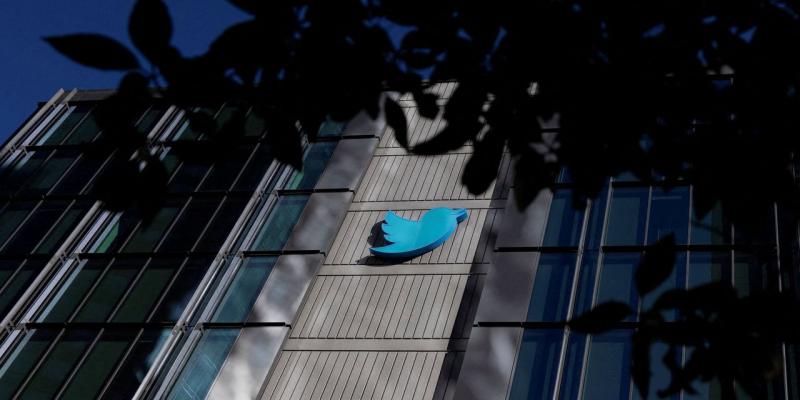Supreme Court to Hear Arguments on Whether Twitter Is Liable in Terror Case
By: Jan Wolfe (WSJ)



WASHINGTON—The Supreme Court on Wednesday will hear oral arguments over whether Twitter Inc. and other social-media companies can be sued for allegedly aiding Islamic State, the second in a pair of arguments this week testing the liability of internet providers for user posts.
The case being argued on Wednesday, Twitter v. Taamneh, was brought by family members of Nawras Alassaf, who was killed in an Islamic State attack at an Istanbul nightclub in 2017.
The family members want to hold Twitter, Facebook META -0.46% decrease; red down pointing triangle parent Meta META -0.46% decrease; red down pointing triangle Platforms Inc. and Alphabet Inc.’s GOOG -2.69% decrease; red down pointing triangle YouTube liable for the attack, saying the companies allowed Islamic State to use their services for general fundraising, recruitment and inciting violence.
The case is similar to the one argued on Tuesday, Gonzalez v. Google, but raises slightly different legal questions. That case was brought by the family of Nohemi Gonzalez, an American college student who was among more than 100 people killed during 2015 terrorist attacks in Paris.
The focus in Gonzalez v. Google is the law known as Section 230, which has been called the backbone of the internet because it generally protects platforms from liability for content posted by third parties. A lower-court judge cited Section 230 in throwing out that case, so it more squarely presents an opportunity to revisit the foundational internet law, which has come under increased scrutiny in recent years.
Twitter v. Taamneh, on the other hand, hinges on the scope of the Antiterrorism Act and its 2016 amendments, the Justice Against Sponsors of Terrorism Act. Those statutes allow victims of terrorist attacks to seek compensation from sponsors of international terrorism and entities that “aid and abet” terrorism.
A lower-court judge dismissed the case in 2018, saying the plaintiffs couldn’t show that Twitter, Facebook and Google knowingly aided and abetted the Istanbul attack. The U.S. Ninth Circuit Court of Appeals revived the claims in 2021.
Lawyers for Google, Twitter and Facebook have said in court filings that they have made extensive efforts to remove Islamic State content and that there is no direct causal link between the websites and the Paris and Istanbul attacks.
In a May 2022 legal brief, Twitter’s lawyers said the Ninth Circuit’s ruling was an outlier and would lead to “creative theories of liability against ordinary businesses providing standardized goods or services to the general public.”
In Tuesday’s argument, Supreme Court justices reacted skeptically to claims that YouTube parent Google LLC could be sued for algorithms that automatically recommended extremist recruiting videos, with Justice Clarence Thomas comparing it to holding a phone company liable for helping someone contact the leader of Islamic State.
Decisions in both cases are expected before July.






